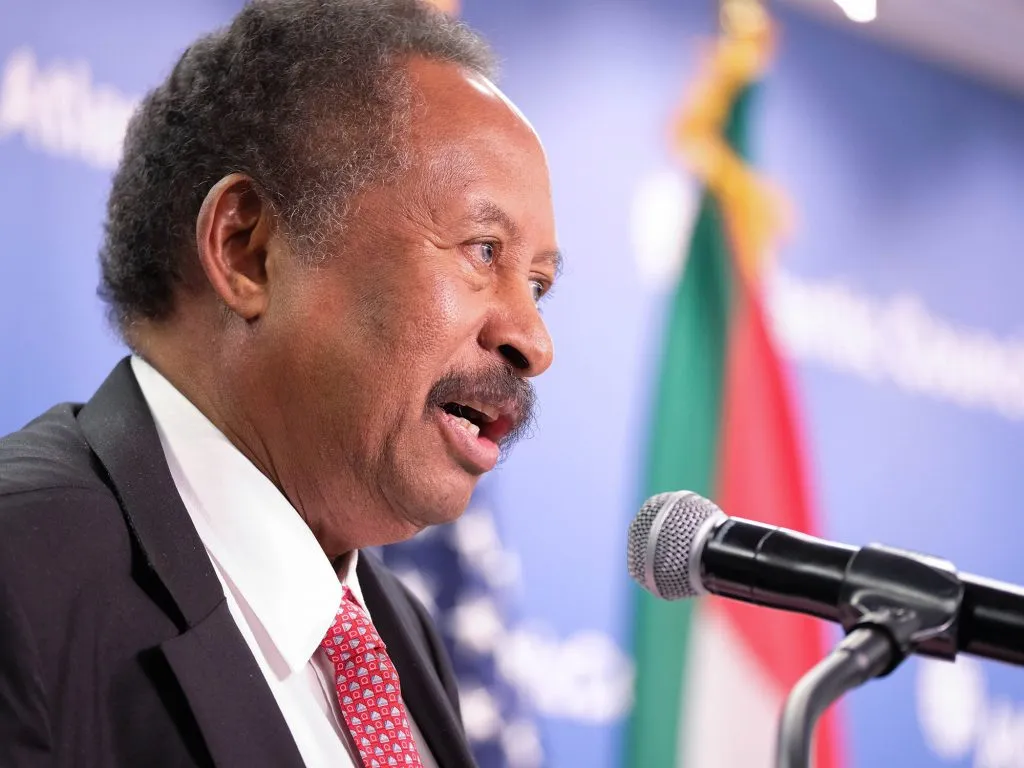
Sudan’s largest anti-war civilian coalition, the Coordination of Civil Democratic Forces, also known as Taqaddum, fractured on Monday into two factions following a public dispute over the proposal for a government-in-exile.
The group, led by former Prime Minister Abdalla Hamdok, had been discussing the possibility of establishing a government-in-exile for several months. Some within Taqaddum argued that such a move would undermine the legitimacy of Sudan’s military junta, currently ruling from Port Sudan.
However, tensions escalated last week when Bakri Jak, the coalition’s spokesperson, and Al Hadi Idris, its deputy head, publicly disagreed over the proposal.
Jak opposed the formation of a government-in-exile, stating that members advocating for the move would be expelled. Meanwhile, Idris contended that no consensus had been reached on the matter, suggesting the coalition was divided.
On Monday, the leadership of Taqaddum announced it had formally approved the split, resulting in two separate entities that would operate with distinct political platforms and adopt new names.
A statement released by the leadership confirmed that a virtual meeting, chaired by Hamdok, had been held to address the legitimacy of the government-in-exile proposal. The meeting, which took place on February 10, 2025, was informed by a report from Taqaddum’s political mechanism, which concluded that the coalition was split on the issue.
“The report identified two irreconcilable positions regarding the government proposal, making separation the best course of action,” the statement read.
From this point forward, each faction will operate independently, pursuing its own approach to the war, peacebuilding, and the restoration of democratic governance. Both factions will now focus on their individual strategies to oppose the military regime and the remnants of the former government.
The leadership also confirmed that both factions would soon reveal their respective political and organizational structures, along with the new names under which they would operate.
The split marks a pivotal moment in Sudan’s political turmoil, highlighting the deepening divisions within the civilian opposition to the military regime. As the country faces ongoing conflict, the future of the anti-war movement and its stance on the war remains uncertain.
